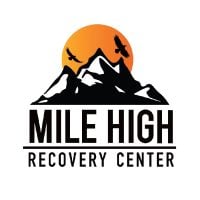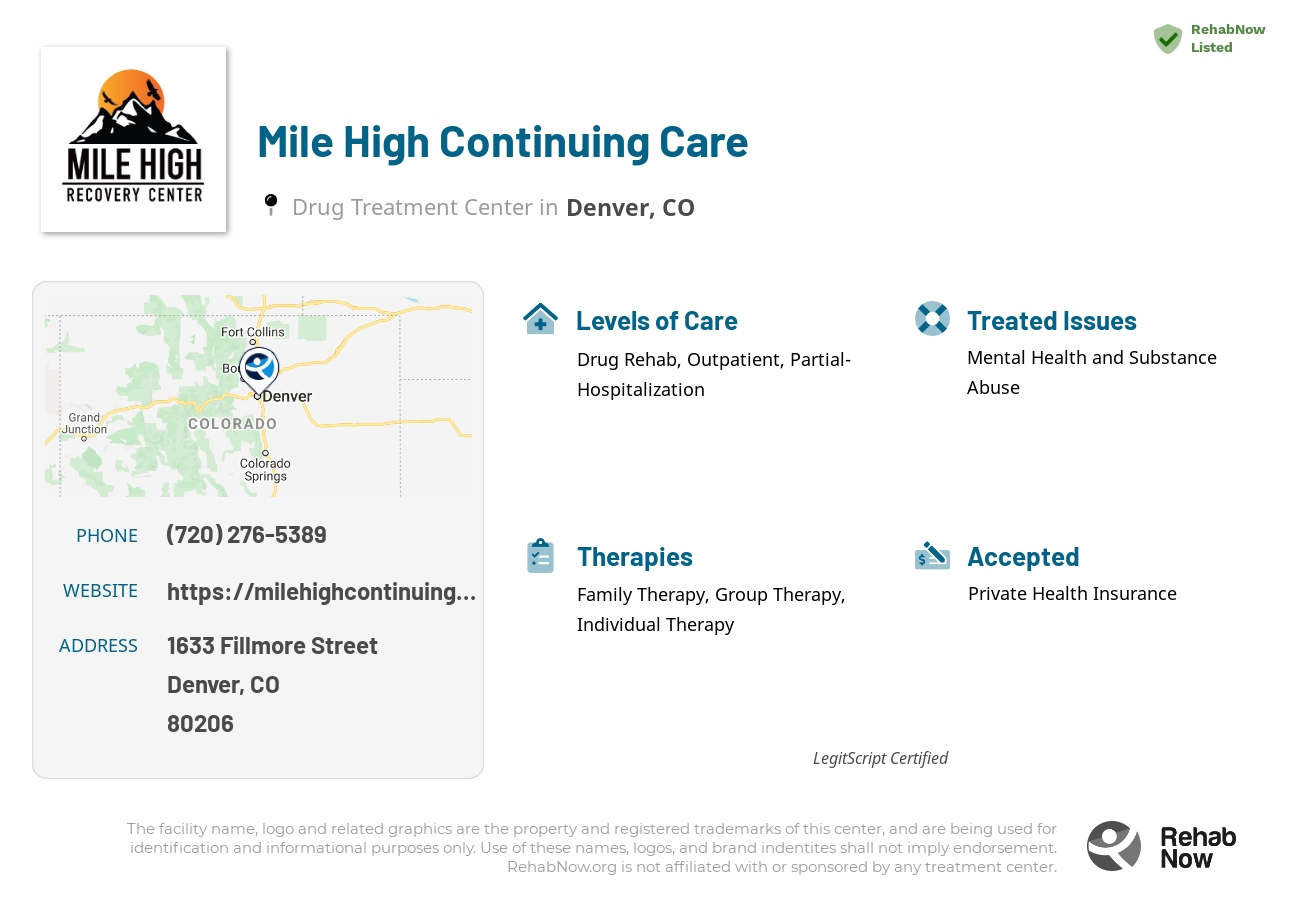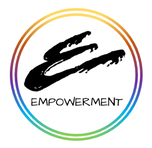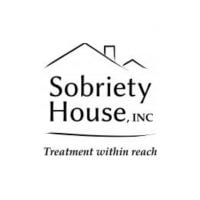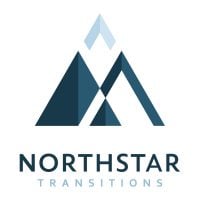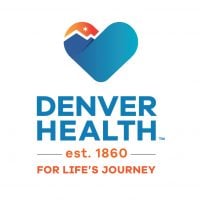Mile High Continuing Care
Drug Rehab Center in Denver, Colorado
Mile High Continuing Care is a JCAHO and LegitScript accredited addiction treatment facility in Colorado that provides drug rehab, outpatient, partial-hospitalization, detox, and residential services, and accepts private health insurance. It offers a range of levels of care to meet the needs of those seeking sobriety, and has an experienced and knowledgeable staff.
About Mile High Continuing Care in Colorado
Mile High Continuing Care is an accredited Alcoholism, Dual Diagnosis, and Drug Addiction Treatment Facility located in Denver, Colorado. This facility holds the prestigious certification from the Joint Commission on Accreditation of Healthcare Organizations (JCAHO), ensuring that it meets the highest quality standards in providing addiction treatment. Additionally, Mile High Continuing Care has been recognized and certified by LegitScript, further validating its commitment to ethical and transparent practices. This facility offers a range of treatment options, including Drug Rehab, Outpatient services, Partial-Hospitalization programs, Detoxification services, and Residential levels of care. With a focus on helping individuals suffering from alcoholism, dual diagnosis, and drug addiction, Mile High Continuing Care strives to provide comprehensive and personalized treatment programs to support lasting recovery.
Mile High Continuing Care goes beyond conventional addiction treatment with a wide array of services tailored to address the specific needs of individuals struggling with substance abuse. Their Drug Rehab program provides a structured and supportive environment where clients can undergo intensive therapy and counseling to overcome addiction. The facility offers Outpatient services for those who require more flexibility in their treatment schedule, allowing them to receive therapy and support while still maintaining their daily responsibilities. Partial-Hospitalization programs are available for individuals requiring a higher level of care, providing a structured and supportive environment during the day while allowing them to return home in the evenings. Mile High Continuing Care also offers Detoxification services to help clients safely and comfortably withdraw from substances. Additionally, their Residential levels of care provide a supportive and structured living environment for those who need round-the-clock care and support during their recovery journey.
Genders
Ages
Modality
Additional
Accreditations

LegitScript

JCAHO
Conditions and Issues Treated
Levels of Care Offered
This center offers a variety of custom treatment tailored to individual recovery. Currently available are Detox, Drug Rehab, Outpatient, Partial-Hospitalization, Residential, with additional therapies available as listed below.
Detox is the first step of rehab. It involves giving a person time to get the toxins out of their body. During detox, the patient gets ill and they will often start using again to get rid of these unpleasant feelings. That’s why it’s so important to have a Denver medical professional at Mile High Continuing Care present. A Colorado medical professional will make sure patients don’t start using during detox. They will also provide medication to ease their symptoms and coach them through on a mental level.
Outpatient treatment is considered the lower intensity level of addiction treatment. It’s ideal for early phase addiction or lower intensity addictions. It may include weekly sessions instead of daily. It may include weekly sessions instead of daily. Peer group support, 12-step programs, and individual counseling may still be involved but at a lesser frequency than an intensive outpatient program. It is a good choice for someone who doesn’t need to go through a medically supervised detox and who has a supportive home environment. It requires motivation and dedication to commit to the program without constant monitoring.
PHP is a program where the individual is cared for in a hospital-like environment during the struggle of those symptoms, but still have some of the freedoms of an outpatient form of treatment. The individual may sleep at the facility each night, or they may sleep at home, but all have more monitoring than an outpatient treatment program typically offers. A PHP is able to live at home, attend school, work or perform other daily activities. This appeals to many families due to the ability of their loved one to still have some freedoms while also receiving treatment for their addiction.
Residential treatment programs are those that offer housing and meals in addition to substance abuse treatment. Rehab facilities that offer residential treatment allow patients to focus solely on recovery, in an environment totally separate from their lives. Some rehab centers specialize in short-term residential treatment (a few days to a week or two), while others solely provide treatment on a long-term basis (several weeks to months). Some offer both, and tailor treatment to the patient’s individual requirements.
Therapies & Programs
Individual therapy involves one-on-one sessions between the patient and therapist. It provides patients with a safe environment to openly discuss personal and sensitive issues with the therapist. They find the therapist as someone they can trust. Individual therapy aims to identify the core issues that would have led the patient to substance abuse and address them effectively. The therapist can develop patient-specific customized solutions through individual therapy, which aids speedier recovery.
Family therapy is a group problem-solving that aims to improve communication and relationships between the addict, their family, and sometimes friends. The main goal of family therapy for drug addiction is to create an environment where communication can occur without judgment, hostility, or blame. The therapist is with the family as they learn to communicate differently, especially with the addict when s/he is using. The family can learn to reduce their enabling behavior or rally together and support each other during tough times.
An addict’s family can play a vital part in helping them to avoid relapse because they can spot the warning signs and help them get back on track before it becomes too much of a problem. Family therapy is one of the most effective ways to help addicts stay on the path to long-term sobriety. When a drug addict decides that they want to try and get sober, it takes the support of every person they love to succeed. It can be incredibly difficult for loved ones to watch an addict go through the pain and suffering of withdrawal, but by being there with them and supporting them, they can help to make sure that the addiction never returns.
Groups typically involve meetings with other recovering addicts who can relate to one another’s experiences. They might meet in person or online and typically focus on the process of staying sober rather than overcoming a specific addiction.
In these groups managed by Mile High Continuing Care, addicts can build a sense of community and develop strong emotional connections with others who understand what they are going through. These beneficial relationships can help addicts overcome their cravings and prevent relapse at any point during the recovery process.
Dialectical Behavior Therapy (DBT) is a type of therapy created in the late 1980s and early 1990s to help people with high rates of suicidal behavior. DBT helps people learn how to live a life that is no longer controlled by overwhelming emotions and urges. It is beneficial in treating drug addiction because it helps patients understand and cope with their cravings for drugs or alcohol rather than turning to those substances as a way of coping.
Eye Movement Desensitization and Reprocessing (EMDR) is a treatment method that can help reduce the impact of traumatic memories on emotions. It does this by having patients follow a bar of light or watch their therapist’s finger move back and forth, which mimics the eye movements of REM sleep.
This allows the brain to reprocess the memories, reducing their impact. EMDR therapy is different from traditional therapies in that it addresses the root cause of substance abuse in many patients. This is done by combining EMDR therapy with behavioral therapies. This treatment option offered by Mile High Continuing Care can help patients who turn to drugs to escape painful memories.
Since addiction is a chronic physical and mental illness, addicts need to learn as many life skills as possible. Many drug treatment centers offer life skills activities as part of their addiction recovery programs. Examples include cooking classes, employment training, resume writing seminars, parenting classes, and computer training. Life skills activities help addicts find employment, take care of their families, and give back to the community.
Patient Experience
Equine Therapy in Colorado
One of the most unique benefits of addiction treatment services is equine therapy at a specialized rehab center. Recovery from an addiction can be challenging, and it is often difficult for recovering addicts to reach out and connect with others. It takes great courage and strength to admit that one has a problem and to seek help.
Equine therapy is a non-traditional treatment modality that helps addicts overcome barriers and offers benefits such as:
- Provides support in a unique way while increasing positive self-esteem
- Reduces feelings of isolation by forcing individuals to get out into the community and reach out to others
- Offers a low-stress, nonthreatening environment in which addicts can connect with other people and animals
- Allows recovering addicts to reach out to horses and build trust with them organically to help treat underlying psychological disorders.
Payment Options Accepted
For specific insurance or payment methods please contact us.
Is your insurance accepted?
Ask an expert, call (888) 674-0062
Additional Details
Specifics, location, and helpful extra information.
Denver, Colorado 80206 Phone Number(720) 276-5389 Meta DetailsUpdated November 25, 2023
Staff Verified
Is Mile High Continuing Care a LegitScript Verified Treatment Facility?
According to our most recent records, we have found this center to be LegitScript verified.
Mile High Continuing Care Patient Reviews
There are no reviews yet. Be the first one to write one.
Denver, Colorado Addiction Information
The Centennial State has slipped to a ranking of 12th in the country for drug abuse. Each year around 24% of the state's population uses illegal drugs while nearly 5% of its population abuses alcohol. Substance-related deaths in Colorado were responsible for 15.12% between 2008 and 2017. Fortunately, Colorado drug and alcohol addiction treatment are available to help a person overcome addiction.
Drug addiction in Denver, Colorado, is quite serious. In 2012, there were 974 drug overdose fatalities in the area, which has likely only gone up in recent years. The city has an estimated 34,000 marijuana users reporting past-month usage in 2016. The most common drugs abused are methamphetamine, heroin, and marijuana. Some popular treatment options include inpatient rehab, outpatient rehab, and detoxification programs.
Treatment in Nearby Cities
- Delta, CO (180.6 mi.)
- Julesburg, CO (165.9 mi.)
- Rocky Ford, CO (134.4 mi.)
- Longmont, CO (30.4 mi.)
- Springfield, CO (205.1 mi.)
Centers near Mile High Continuing Care
The facility name, logo and brand are the property and registered trademarks of Mile High Continuing Care, and are being used for identification and informational purposes only. Use of these names, logos and brands shall not imply endorsement. RehabNow.org is not affiliated with or sponsored by Mile High Continuing Care.
